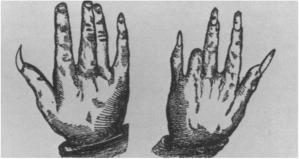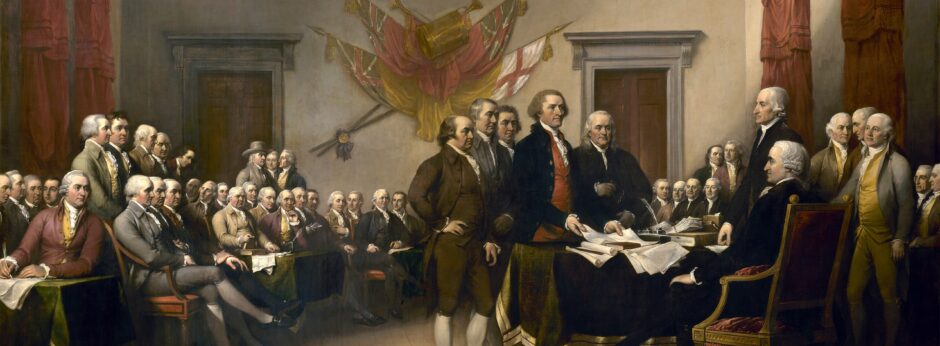 Backcountry, n. –a rural area or wilderness
Backcountry, n. –a rural area or wilderness
Traditional US history textbooks typically focus on North-South sectionalism, because of the overriding importance of the Civil War. However, students must never forget that other types of regional divisions also seemed quite powerful to American contemporaries, such as East and West, or tidelands and piedmont, or lowlands and backcountry. The idea of the backcountry, in particular, was an especially potent one during the era of the early republic. This was a time of rapidly changing social mores, and vast territorial expansion. And yet it was also a period marked by relative isolation in communications and transportation. Waterways still connected people and places faster than any other means. The result was a society in turmoil as its leaders groped their way toward a new, post-revolutionary stability. Few academic articles capture that moment, or the essence of the backcountry better than Elliott Gorn’s, “Gouge and Bite, Pull Hair and Scratch”: The Social Significance of Fighting in the Southern Backcountry,” which appeared in the American Historical Review in 1985. Gorn depicts a practical orgy of violence through the stories of the rough-and-tumble fighting culture of the Southern backcountry. Students should be able to explain what gouging was and why it was significant. Why would Americans, especially white men in the southern backcountry, engage in such behavior and what does it suggest about their changing culture? Both Andrew Jackson and Abraham Lincoln, the two most important American politicians of the mid-nineteenth century, grew up in the backcountry culture dominated by southern plainfolk. How does their background help explain their political success? In an even larger sense, how does the rise and fall of gouging in the backcountry help explain the story of nineteenth-century America? Finally, how does the culture of rough-and-tumble fighting compare to the social dynamics of modern America?

This reading was one that had me reflect on society today versus society in the 1800’s. The backcountry folk fought and practically beat each other for fun and it was seen as a norm at the time. Slavery was also a normal part of society so it doesn’t seem as if this gauging, biting and hair pulling is anything strange. Today we look back at slavery and this fighting as an atrocity, but is it really? It makes me think of society today. Does UFC, violent video games and violent TV shoes numb our senses of cruelty and cause the mass shootings? I think the answer is yes. Just as the people in the backcountry saw how cruel slavery was they thought fighting in this manner was acceptable. Just as we think UFC and violent video games are the same way. Although not as graphic, today and in 1800’s we see extreme acts of cruelness and we see it as nothing but a sport. That’s the way the human brain works. We may look back years from now and think UFC and violent video games are a terrible part of our culture.
It is interesting to me to compare the subject talked about in this reading to the idea of honor culture. Often, the early American period is referred to as an honor culture, in which one would respond to slights, insults, and other immaterial attacks with defensive violence. The existence of pistol dueling is an example of one such method. However, it is interesting to see how different the form of defensive violence is in the South and the back country, as compared to other population centers.
I do not find it surprising that the inhabitants of rural regions would have a different form of defensive violence. Nor do I find it particularly surprising that the inhabitants of rural regions would have a more aggressive, less official form of defensive violence. Those who took part in these fights were probably mostly hardy individuals accustomed to a life of labor and physical struggle. However, I do find it interesting that eyes were an area that would be specifically targeted, but I suppose if one were to gouge out the eyes of another, it would remain as a permanent reminder of a victory or a loss. Regardless, the very existence of such ruthless fighting is appalling.